Your cart is currently empty!
Tag: PestManagement
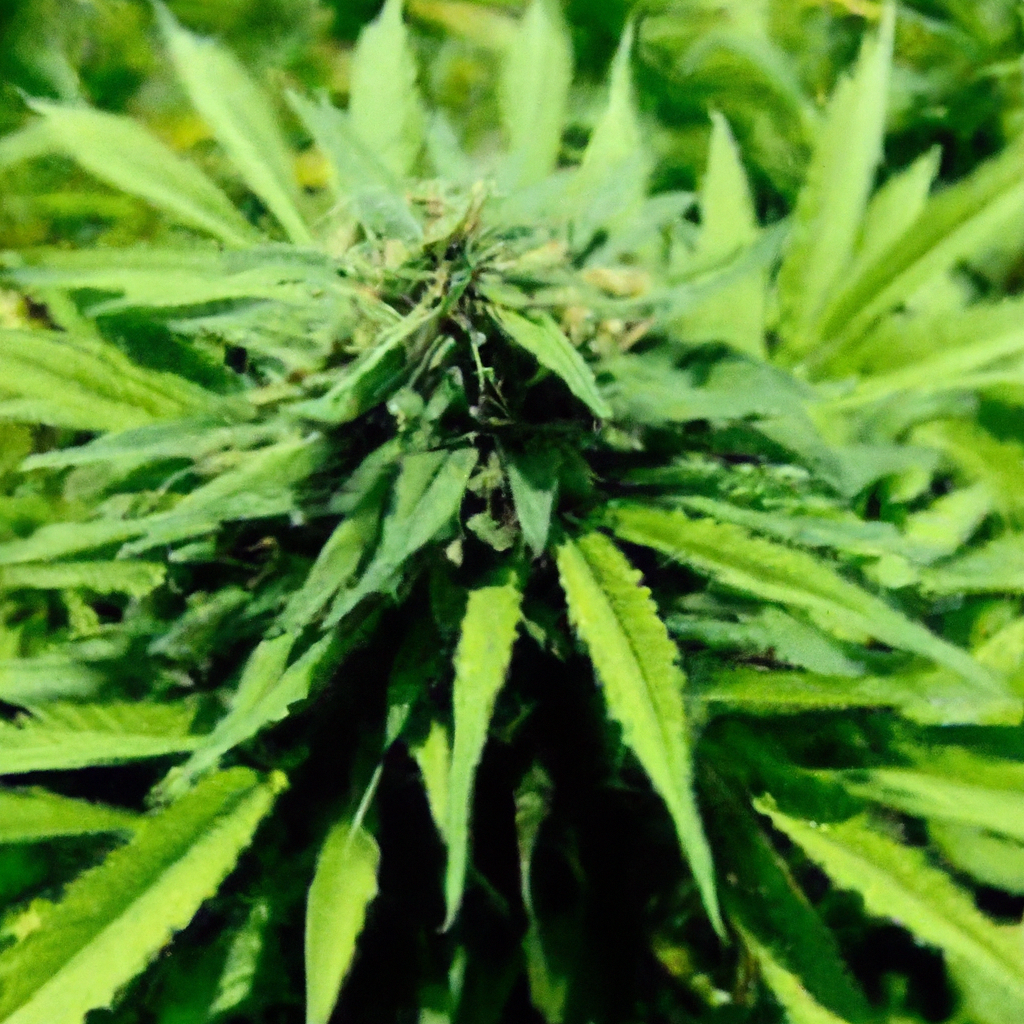
Embracing organic cannabis cultivation not only benefits the environment but also delivers purer products to consumers. This approach focuses on building healthy soil ecosystems through composting and cover cropping, using natural fertilizers like bat guano and worm castings, and managing pests with methods such as beneficial insects and neem oil. Additionally, sustainable practices like water…
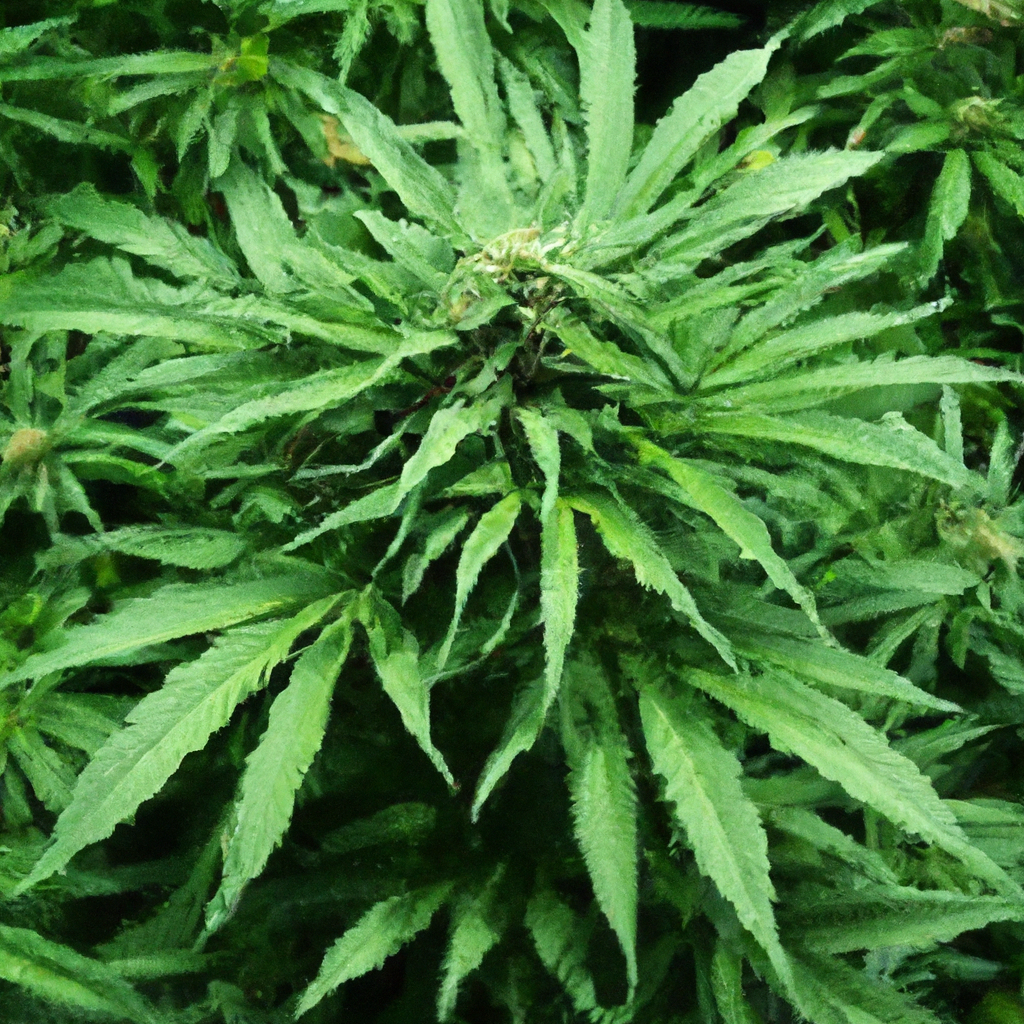
Embracing organic methods in cannabis cultivation benefits both the environment and plant health, yielding a cleaner, more natural product. Organic growing avoids synthetic chemicals, relying on natural fertilizers like compost, worm castings, and fish emulsion to enrich the soil. Creating a healthy soil ecosystem is crucial, incorporating practices such as crop rotation, cover crops, and…
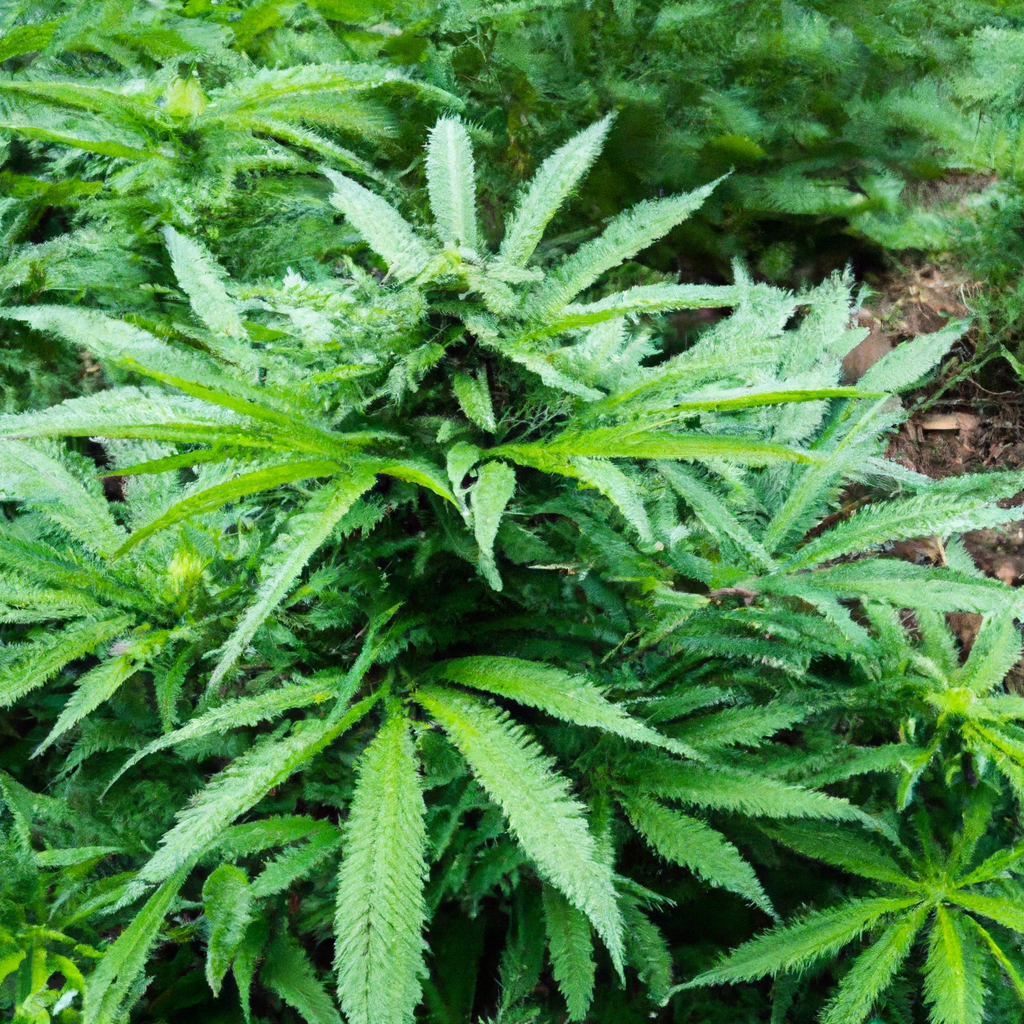
As the demand for organic cannabis grows, cultivators are turning to sustainable practices to nurture plants without synthetic chemicals. The guide highlights methods such as using natural fertilizers like compost, worm castings, and bone meal, and building healthy soil ecosystems through cover crops and crop rotation. Eco-friendly pest management through companion planting and beneficial insects…
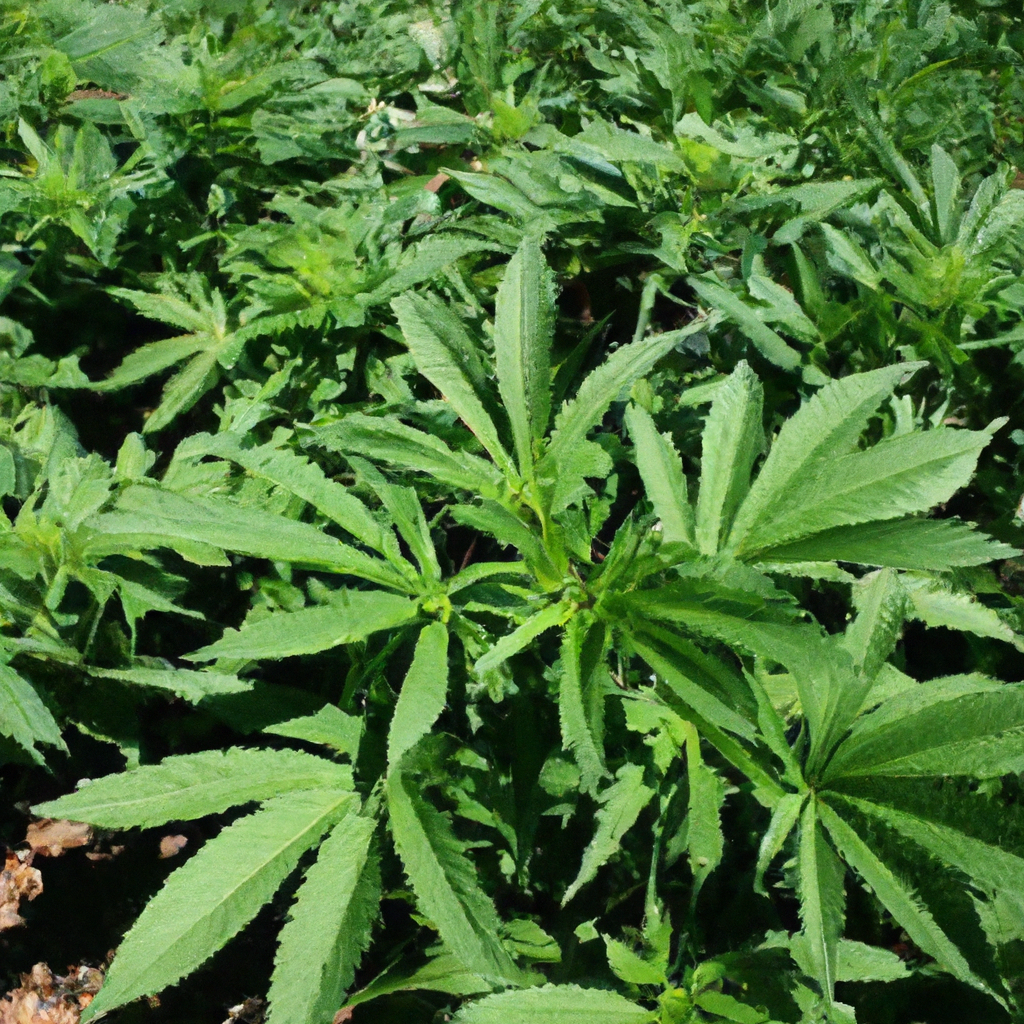
Organic cannabis cultivation involves a holistic approach that aligns with natural processes. This post explores best practices, such as enriching soil ecosystems through compost, cover crops, and mulch; using natural fertilizers like worm castings and fish emulsion; and employing eco-friendly pest management strategies including beneficial insects and neem oil. The benefits are significant for the…
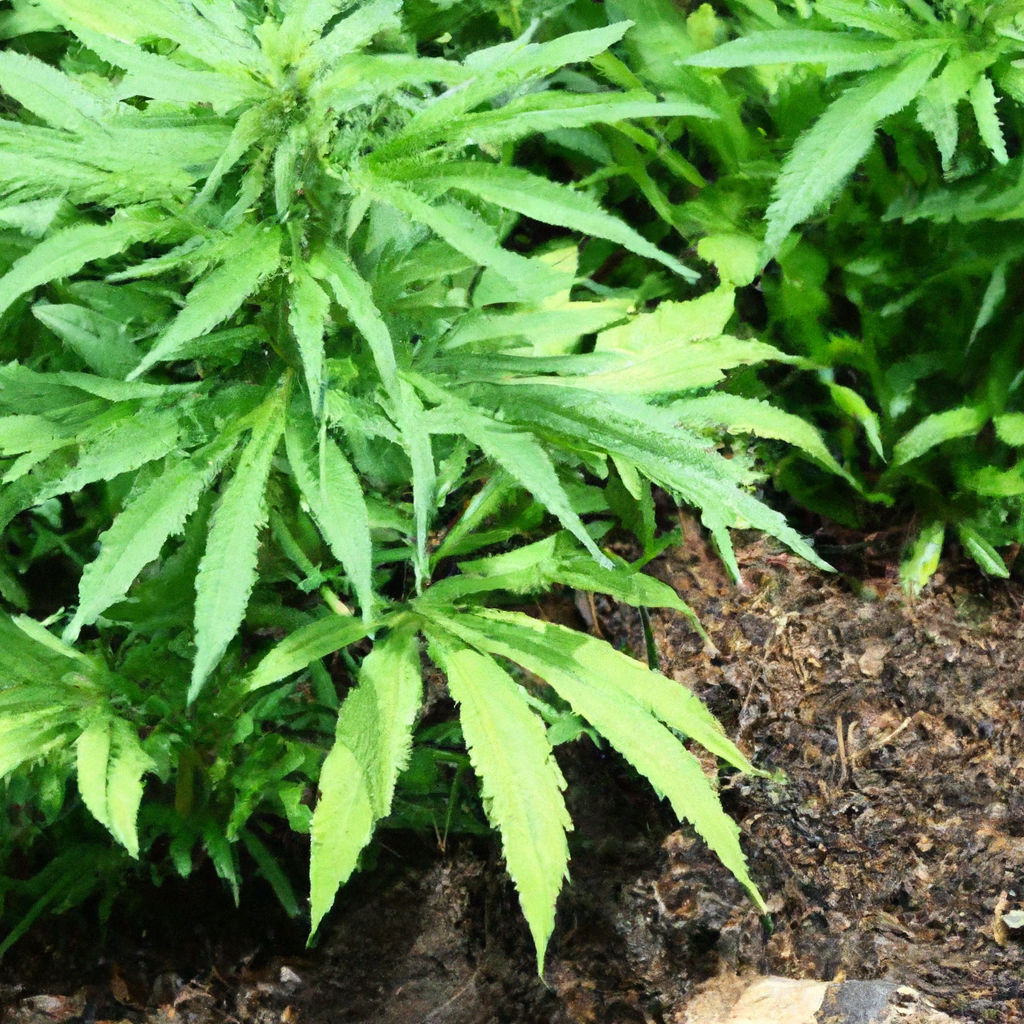
The rise of organic cannabis cultivation offers a pathway to sustainable, environmentally friendly growing practices. By focusing on building a thriving soil ecosystem through compost and rotational planting, growers enhance soil health and support beneficial microbes. Natural fertilizers like worm castings and fish emulsion provide essential nutrients without synthetic chemicals. Biological pest control strategies, such…
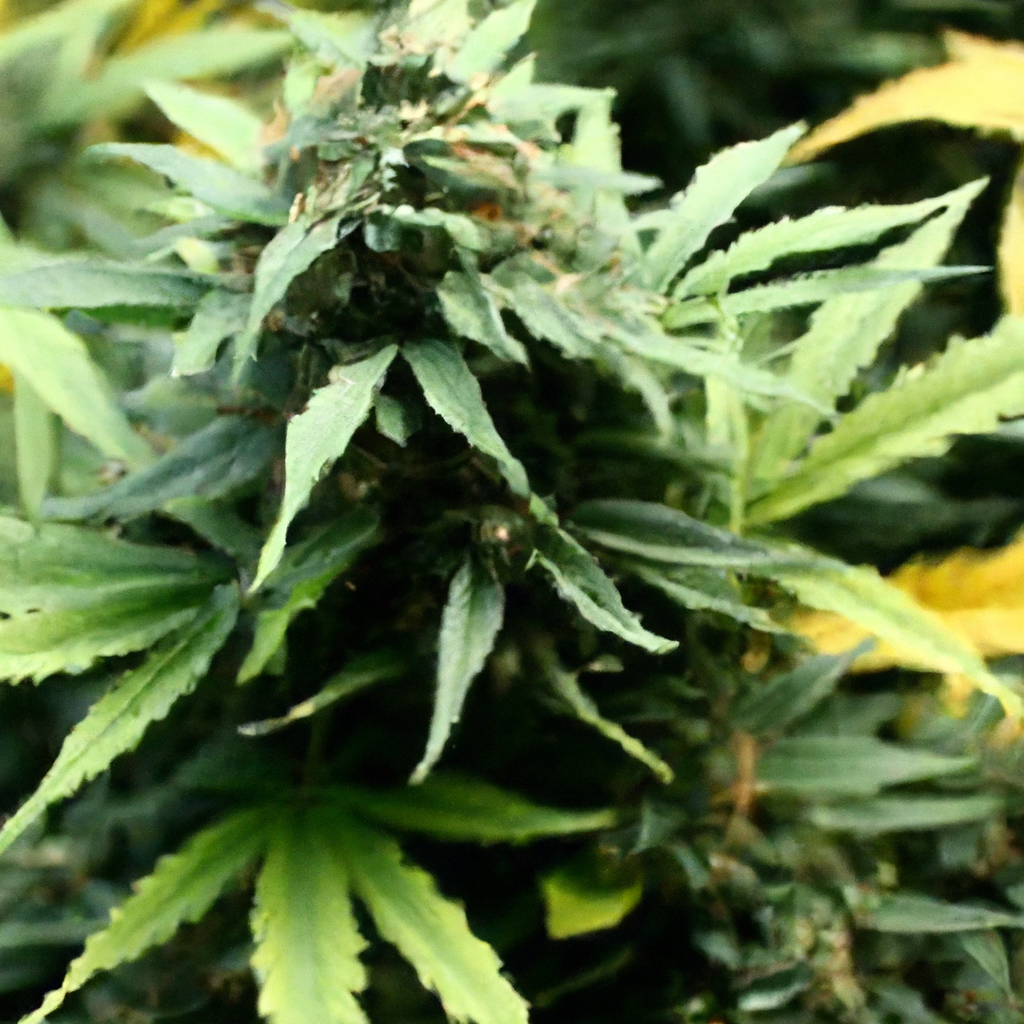
As the demand for eco-friendly cultivation rises, organic cannabis production is growing in popularity, supporting environmental health and yielding superior products. Key practices include enhancing soil ecosystems through compost, crop rotation, and mulching, while avoiding synthetic chemicals by using natural fertilizers and organic pest management. Promoting sustainability through water efficiency, energy conservation, and carbon sequestration…
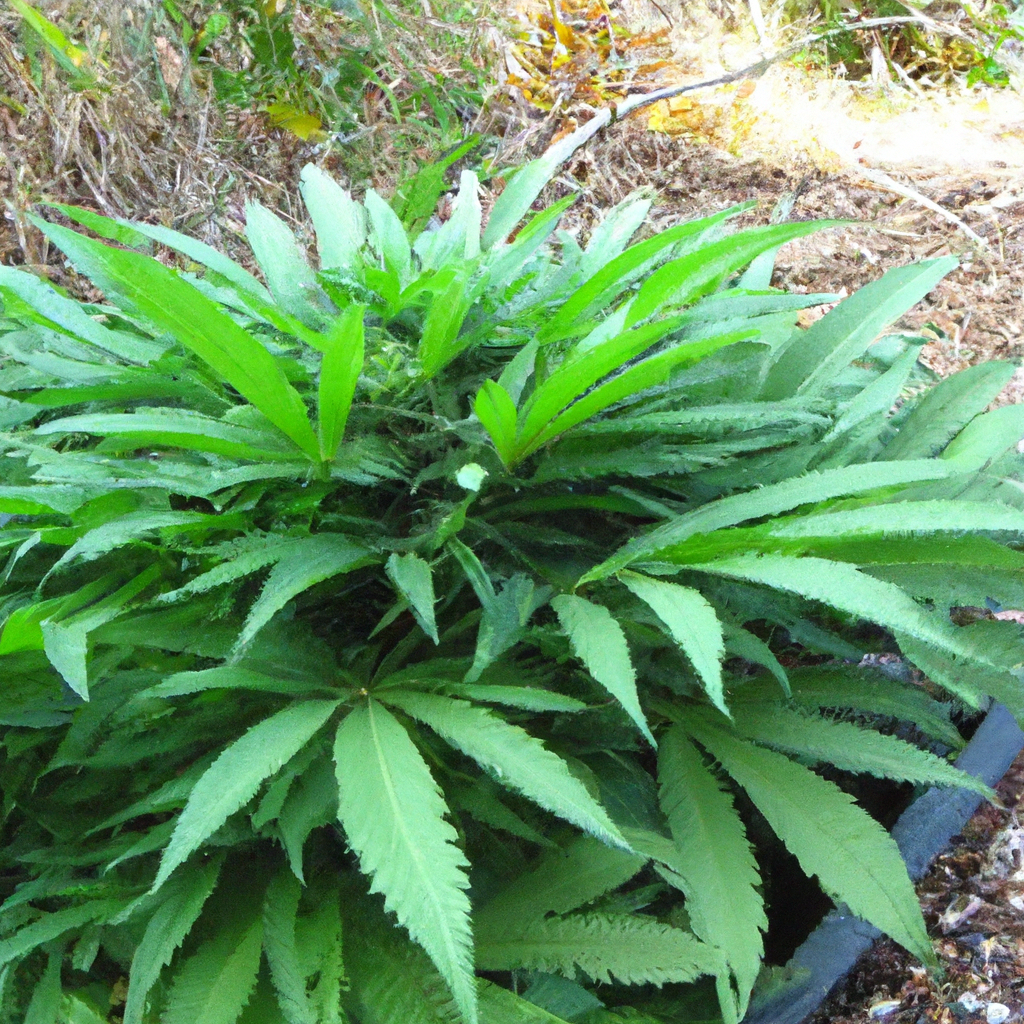
Growing cannabis organically involves creating a thriving ecosystem in your garden to enhance plant health and flavor. This approach benefits both the environment and consumer by using sustainable methods like composting, cover crops, and mulching to maintain soil health. Instead of synthetic fertilizers, organic options such as fish emulsions and compost tea provide nutrient-rich support.…
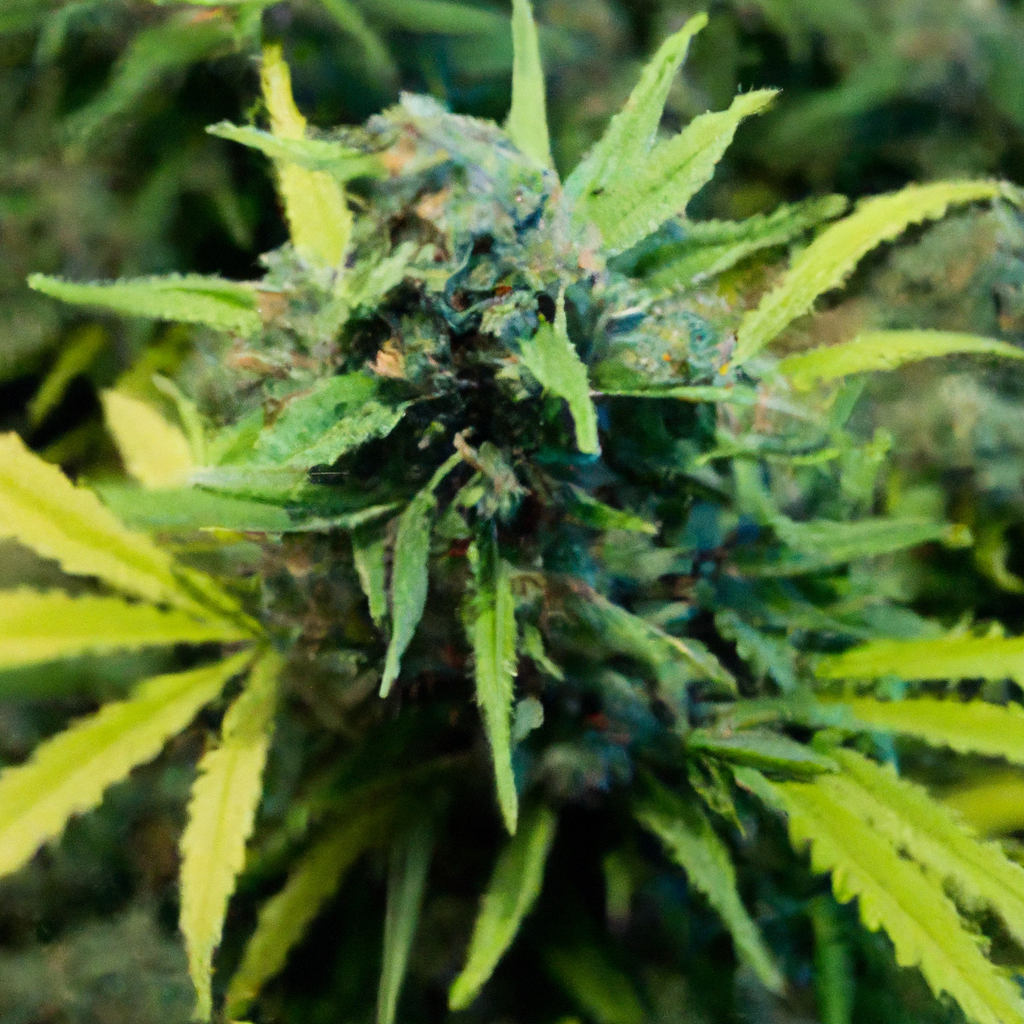
As cannabis cultivation evolves, growers are exploring innovative methods like using companion animals to boost plant health and optimize yield. This practice leverages animals such as chickens, ducks, and earthworms for benefits like pest control, soil aeration, and nutrient distribution. While integrating animals requires careful planning to avoid issues like plant damage, adhering to best…
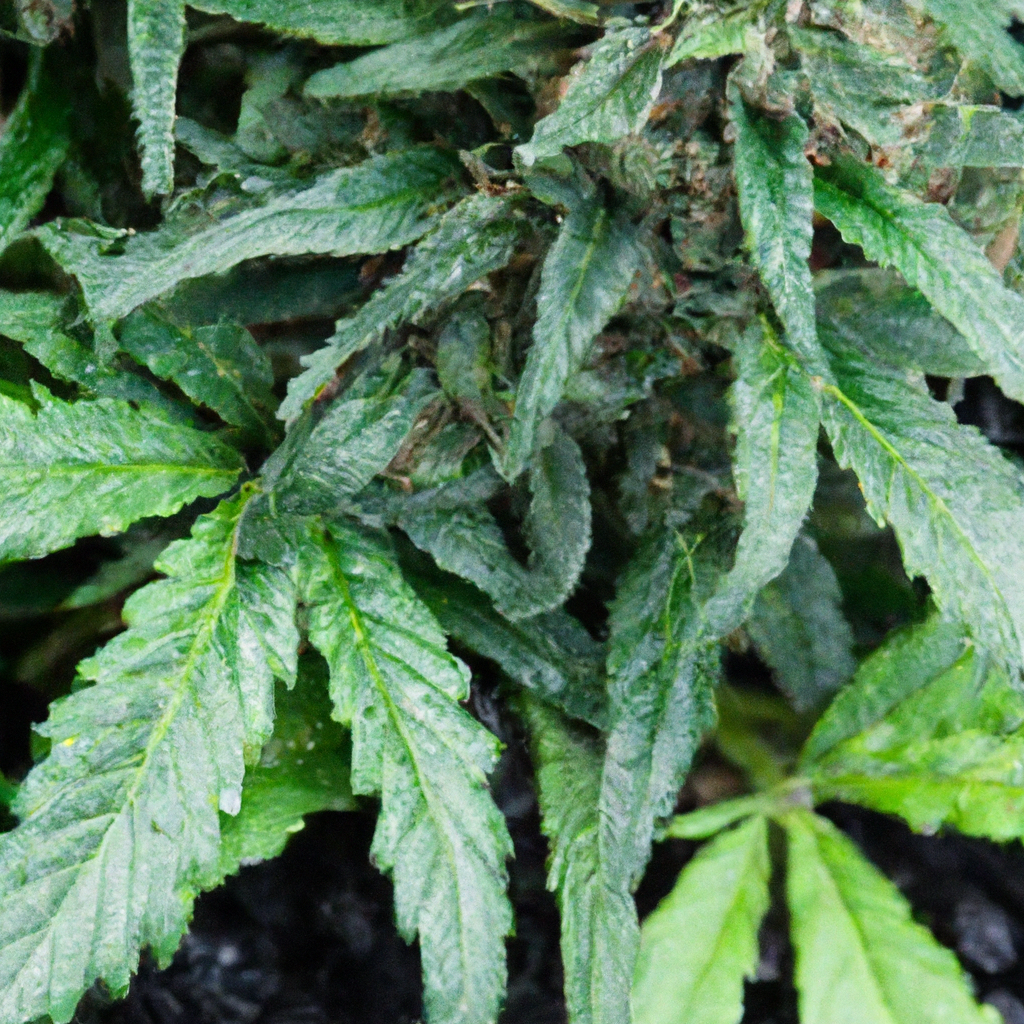
Discover the promising journey of organic cannabis cultivation, a sustainable approach that benefits both the environment and product quality. This article explores key practices such as building a living soil ecosystem with compost and beneficial microbes, utilizing natural fertilizers like worm castings, and employing eco-friendly pest management strategies. Learn how these methods enhance soil fertility,…
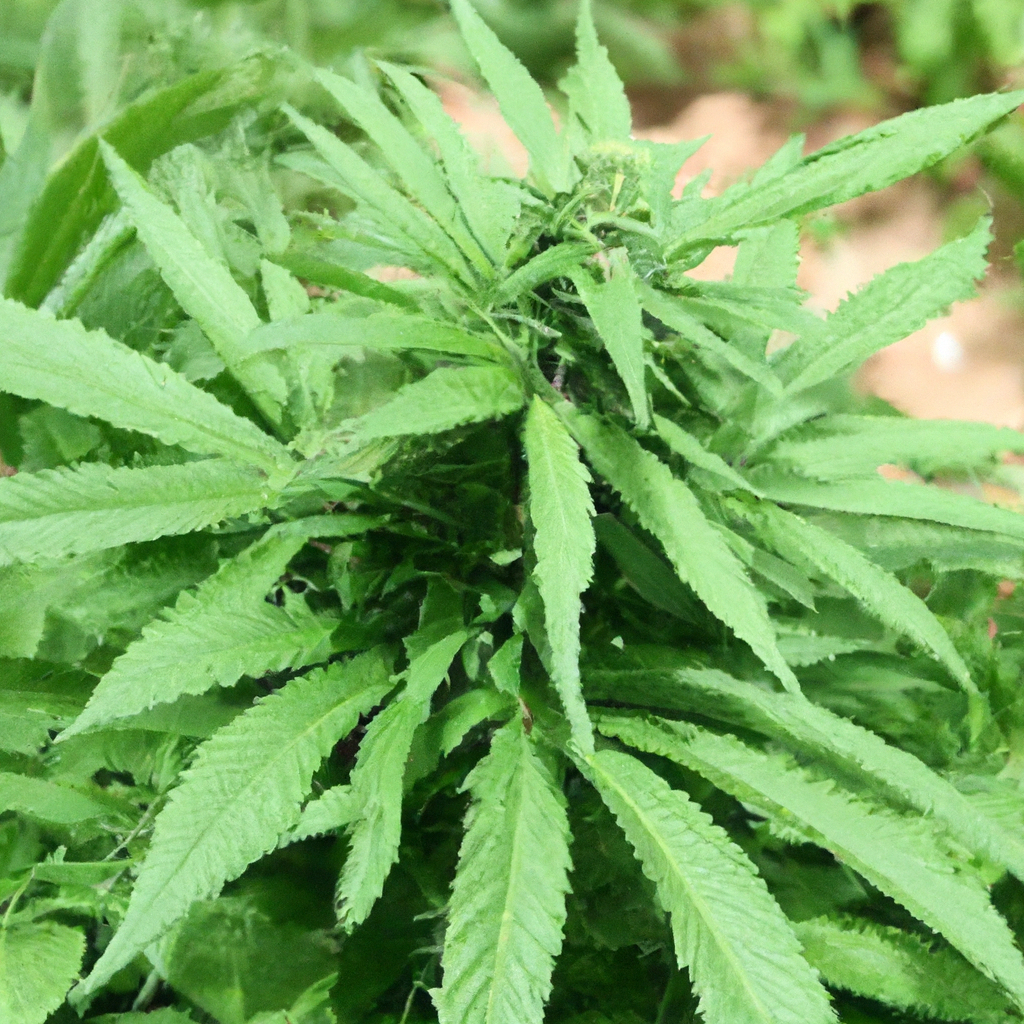
Organic cannabis cultivation emphasizes sustainability and holistic wellness by using natural resources for quality yields. Key practices include building a healthy soil ecosystem through composting and green manure and utilizing natural fertilizers like fish emulsion and bone meal. Eco-friendly pest control methods, such as companion planting and the use of beneficial insects, further reduce chemical…
